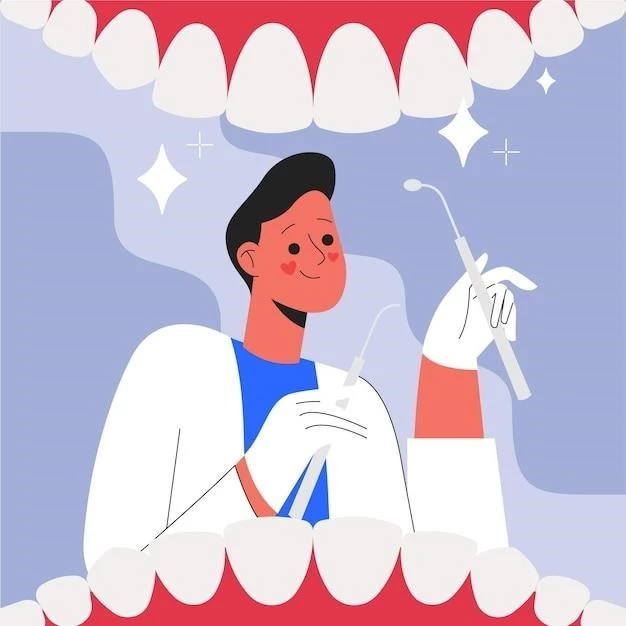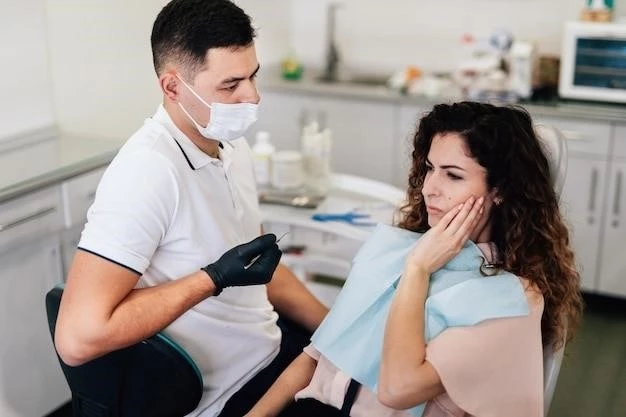Dentophobia: Fear of Dentists
For many, a visit to the dentist is a routine part of healthcare. However, for a significant portion of the population, the mere thought of a dental appointment triggers intense fear and anxiety. This condition, known as dentophobia or dental phobia, can have a detrimental impact on oral health and overall well-being.

Prevalence and Impact
Studies suggest that dentophobia affects millions of people worldwide. While some individuals experience mild anxiety, others grapple with severe fear that leads to complete avoidance of dental care. This avoidance can have serious consequences, including:
- Worsening oral health problems
- Pain and discomfort
- Tooth loss
- Expensive and complex dental procedures in the future
- Negative impact on self-esteem and social life
Causes of Dentophobia
Dentophobia can stem from a variety of sources, and often, multiple factors contribute to its development. Common causes include:
1. Past Traumatic Experiences
A negative experience at the dentist, particularly during childhood, can have a lasting impact. Painful procedures, perceived insensitivity from dental professionals, or a feeling of helplessness can create a strong association between dental visits and fear.
2. Fear of Pain
The anticipation of pain, whether real or imagined, is a major contributor to dental anxiety. The sounds of dental instruments, the thought of injections, or even the fear of gagging can trigger significant distress.
3. Fear of Loss of Control
Being in a dental chair can evoke feelings of vulnerability and a lack of control. The inability to see what’s happening, coupled with the physical proximity of the dentist, can be overwhelming for some individuals.
4. Embarrassment and Shame
People may feel self-conscious about the condition of their teeth, bad breath, or the appearance of their mouth. This embarrassment can lead to avoidance of dental care, further exacerbating the problem.
5. Other Contributing Factors
- Generalized anxiety or phobia disorders
- Vicarious experiences (hearing about negative dental experiences from others)
- Cultural or societal factors

Symptoms of Dentophobia
Dentophobia manifests itself in a range of physical, emotional, and behavioral symptoms, including:
Physical Symptoms
- Increased heart rate
- Shortness of breath
- Sweating
- Nausea
- Dizziness
- Fainting
Emotional Symptoms
- Intense fear or panic
- Anxiety and worry
- Feeling overwhelmed
- Irritability
- Depression
Behavioral Symptoms
- Avoiding dental appointments
- Canceling appointments at the last minute
- Crying or becoming agitated during dental visits
- Difficulty sleeping the night before a dental appointment
Overcoming Dentophobia
Addressing dentophobia is crucial for maintaining good oral health and overall well-being. Here are some strategies that can help individuals overcome their fear of the dentist:
1. Open Communication with Your Dentist
The first step is to find a dentist who understands and is empathetic towards dental anxiety. Discuss your fears openly and honestly. A compassionate dentist will work with you to create a comfortable and safe environment.
2. Cognitive Behavioral Therapy (CBT)
CBT is a highly effective form of therapy for anxiety disorders, including dentophobia. It helps individuals identify and change negative thought patterns and behaviors associated with dental fear.
3. Relaxation Techniques
Learning relaxation techniques such as deep breathing, meditation, or progressive muscle relaxation can help manage anxiety and reduce physical symptoms of fear during dental visits.
4. Distraction Methods
Distracting yourself during dental procedures can help take your mind off the situation. Listening to music, watching videos, or focusing on a calming image can be helpful.
5. Sedation Dentistry
For individuals with severe dental anxiety, sedation dentistry can provide a safe and effective way to receive dental care. Options include nitrous oxide (laughing gas), oral sedation, or IV sedation, depending on the level of anxiety and the complexity of the procedure.
Conclusion
Dentophobia is a common but treatable condition that should not be ignored. By understanding the causes, symptoms, and available treatment options, individuals can take proactive steps to overcome their fear and achieve optimal oral health. Remember, open communication with your dentist, coupled with appropriate coping strategies and/or professional help, can pave the way for a positive and anxiety-free dental experience.










